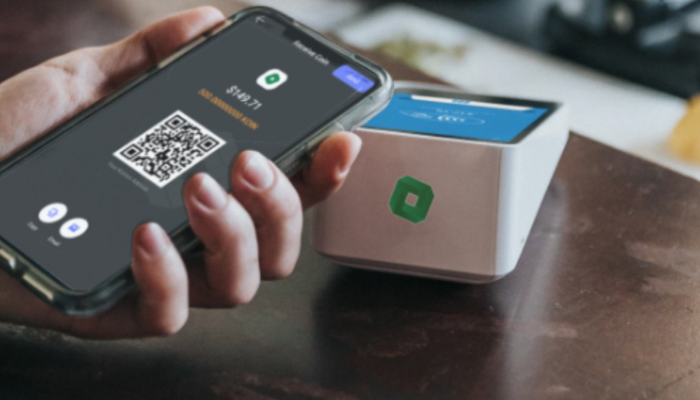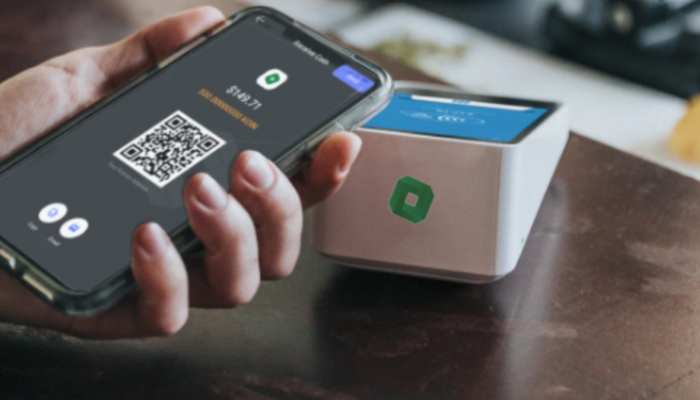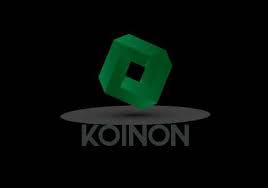Even though cryptocurrency has been around for much longer with the first digital token, Bitcoin, founded in 2009, it has recently become one of the most common words on the lips of everyone.
It is safe to say that there is no hiding from the Crypto universe, either as an inquisitive observer, or a potential investor looking to invest in the digital currency.
Market analysts have linked the recent rise in the popularity of cryptocurrency, to the record high market gains experienced in 2020/2021, which was largely driven by speculation and the future potential of the virtual medium of exchange.
Unlike physical fiat currencies (like the US Dollar), cryptocurrencies are decentralized, not issued or backed by a central authority; instead, they run across a network of computers.These assets, utilize blockchain technology to ensure that transactions between each party are secure.
Some of the most popular cryptocurrencies include Bitcoin; the world’s oldest cryptocurrency, Ethereum; the only virtual currency that has any chance of challenging Bitcoin’s dominance, Cardano, Koin among others.
The extreme volatile nature of cryptocurrency, has, however, made market analysts caution investors about investing in the assets as they say it requires due diligence.
As a beginner, getting around to invest in cryptocurrency can seem complicated but can be much easier when the necessary steps are broken down. Below is the basic guide to buying cryptocurrency in Africa and around the world.
Pick a broker or cryptocurrency exchange
When a potential investor decides to buy cryptocurrency, the first step to getting access to the crypto universe is to choose a platform to do so. Such an investor can choose from a traditional broker or dedicated cryptocurrency exchange.
Brokers are traditionally investment advisers that offer ways to buy and sell cryptocurrency. These platforms tend to offer lower trading costs but fewer crypto features.
Cryptocurrency exchanges, on the other hand, is a platform dedicated to buying and selling cryptocurrency. While they have their own rules, exchanges tend to have more complex interfaces with multiple trade types, advanced performance charts and often have relatively low fees.Some of the most well-known cryptocurrency exchanges include Coinbase, Gemini and Binance.
While some of the companies’ standard trading interfaces may overwhelm beginners, market analysts say they offer user-friendly easy purchase options.
Create account
After choosing a cryptocurrency broker or exchange, the next step is to create an account. There might be a need for account verification, depending on the platform and the amount an investor plans to inject into the system.
According to the brokers and cryptocurrency exchanges, the step is essential to prevent fraud and meet federal regulatory requirements.
Some of the documents required to successfully verify an account may include either a copy of a driver’s license or passport, and in some cases, an upload of a selfie to verify a match to the documents submitted may be required.
Fund account to buy crypto
To buy crypto, an account owner would be required to deposit some funds in their account. There are options to either deposit money into a crypto account by linking a bank account, authorizing a wire transfer or even making a payment with a debit or credit card.
Place order for cryptocurrency
Once an account has been funded, the investor is set to place their first cryptocurrency order. While there are varieties of cryptocurrencies to choose from, varying from popular names like Bitcoin and Ethereum to more obscure crypto’s like Theta Fuel or Holo, an investor has the opportunity to buy a fractional share of cryptocurrency.
Store assets
The next step after buying a cryptocurrency is to find a safe place to store it to protect it from hacks or theft.
At this stage, a cryptocurrency wallet is needed. It is either a physical device or online software that enables investors to securely store the private keys to their cryptocurrencies.
Meanwhile, some exchanges offer built-in wallet services which makes it easier for investors to store directly through the platform. But not all exchanges or brokers automatically provide wallet services.




